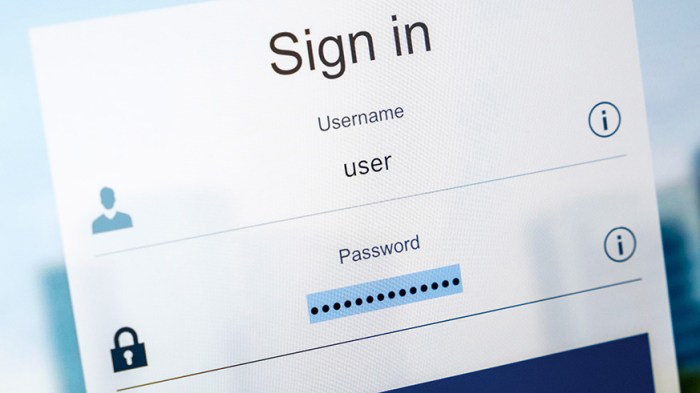You may have never heard of Equifax, but chances are you’re hearing about the Equifax hack now. And even if you never heard about them before or used their services, the major credit reporting company targeted in one of the largest-ever data breaches has probably heard of you, and your personal information could be at risk.
On Thursday, Equifax said 143 million people could have been affected by the hack in which names, social security numbers, birth dates, addresses and even driver’s license numbers were stolen, CNN reported. About 209,000 credit card numbers were also hacked as well as “personal identifying information” on about 182,000 customers involved in credit report disputes.
Equifax is one of three nationwide credit-reporting companies that track and rate consumers’ credit histories and that means they’ve more than likely got their hands on your personal information that can lead to identity theft.
Given the sheer size of the data breach, Equifax will not be contacting everyone who was affected. The company will send direct mail notices to people whose credit card numbers or dispute records were hacked, but that leaves 99 percent of victims in the dark.
So how do the other 142.6 million people find out if they were affected by the Equifax hack?
Sign up for identity theft protection
Equifax is urging everyone to sign up for credit file monitoring and identity theft protection and it’s even providing free service for one year as an incentive (even if you weren’t affected by the breach) through TrustedID Premier.
To enroll, visit www.equifaxsecurity2017.com and click on the “Check Potential Impact” tab. There you’ll enter your last name and the last six digits of your Social Security number. Then you’ll be given a date when you can return to the site and sign up for the service.
The site says once you’ve submitted your information you will receive a message indicating whether you’ve been affected.
Sign up for fraud alerts
With fraud alerts, lenders will have to contact you to verify your identity before issuing any credit in your name. You can place an alert on your report for free by contacting any of the three credit-reporting agencies (Equifax, Experian or TransUnion) and they are then obligated to notify the other two. Fraud alerts last for 90 days and can be renewed.
Be your own detective
Admittedly, this option is a little more labor intensive, but it will help you stay on top of your credit history and identify any unauthorized activity.
You are entitled to one free copy of your credit report each year for each of the three credit-reporting agencies (Equifax, Experian and TransUnion). Request a copy online at www.annualcredit.com.
If you see any unusual activity, report it immediately to your bank, credit card company and the police.
Freeze your account
The most draconian of options to avoid identity theft, a freeze takes your credit report out of circulation. If someone who isn’t you tries to use your personal information to take out a loan, the lender won’t be able to pull your report and therefore cannot extend credit. Fees to do this vary by state but it generally costs about $5 to $10.
There is a workaround if you the real you needs to take out a car loan or something — you’ll have to contact the reporting agency to temporarily lift the freeze.
Call Equifax
Equifax has set up a designated call center for concerned consumers, which can be reached at 866-447-7559.























